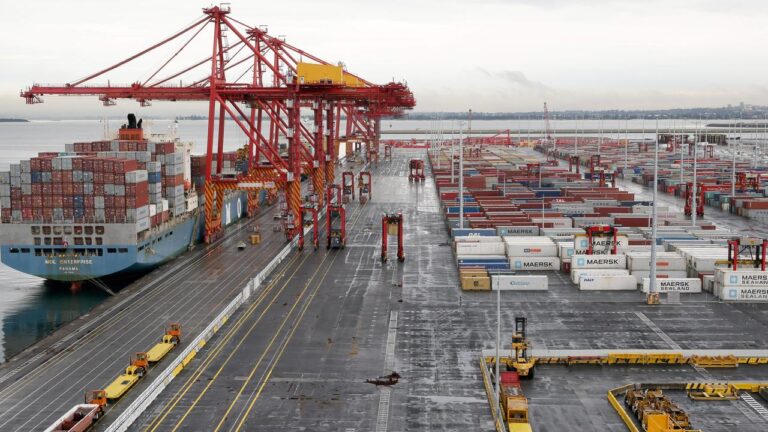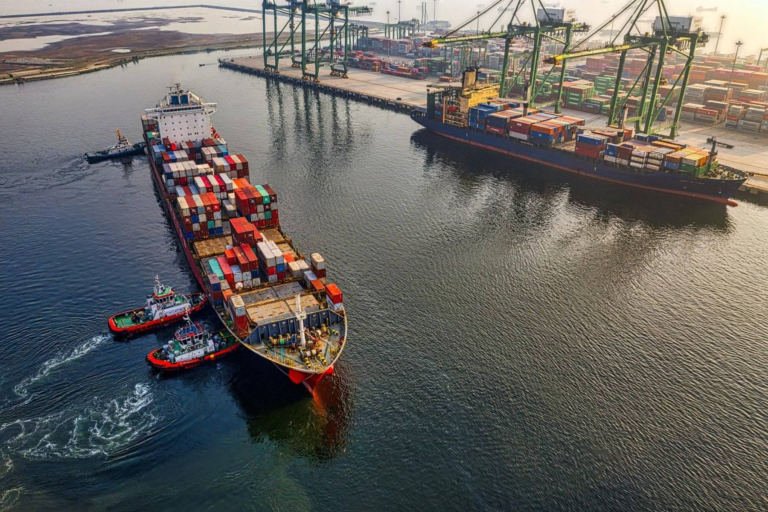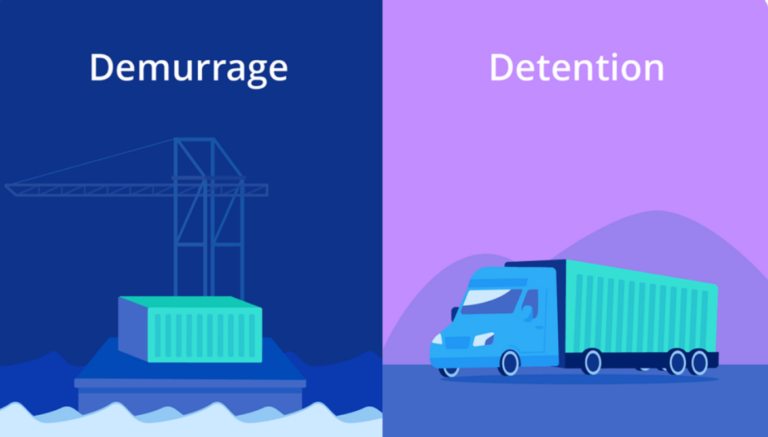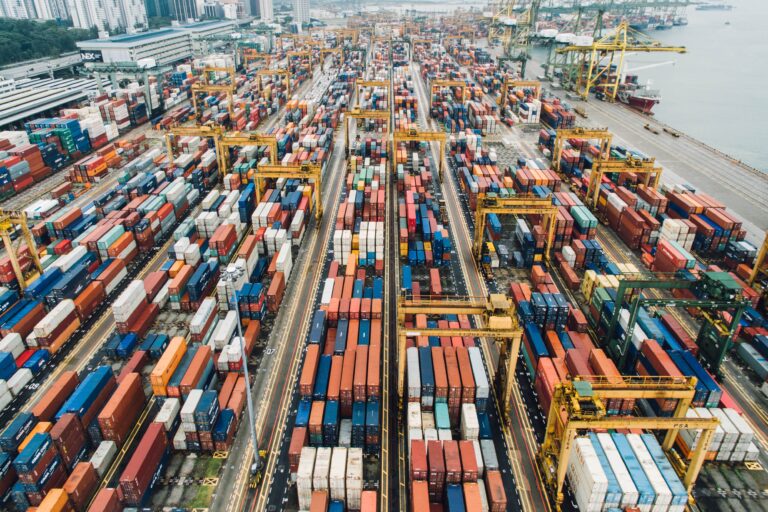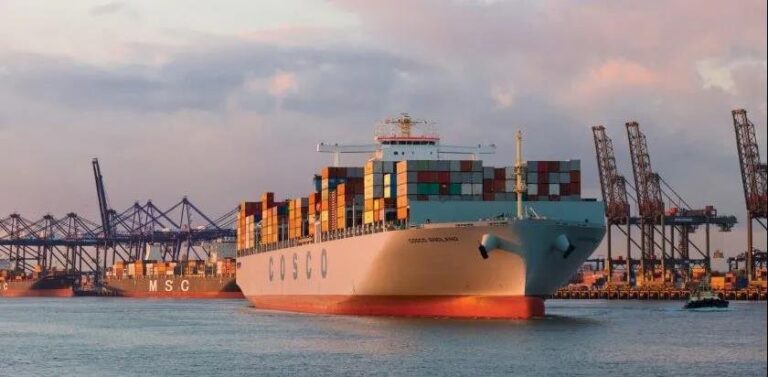Two major European port warning will face delays
Since the strikes at the ports of Hamburg and Bremen, along with continued strikes at several smaller ports, the handling of containers has slowed significantly. This has resulted in long queues at the harbors, with large ships waiting to dock and unload their containers.
Maersk emergency warning shipping schedule delayed
In response, global shipping giant Maersk issued an urgent warning to customers on the 17th, indicating that its shipping network is expected to be widely affected due to the strike actions at Germany’s major seaports.

According to Maersk’s assessment, multiple scheduled sailings will be disrupted and delayed due to the strikes. The impact will be particularly significant on services to Finland.
Calisto 424N/425S Helsinki: Currently en route to Helsinki, with an expected arrival delay of one day.
Judith 424E/425W Rauma: Currently at the port of Hamburg, with an estimated arrival in Rauma on the 22nd/23rd, which may be delayed.

In response to this adverse situation, Maersk has stated that it will consider altering ship routes or reducing port calls to minimize the impact on subsequent schedules and thus reduce delays for customers’ cargo as much as possible.
However, even after the strikes end, Maersk expects that the terminals may face congestion when resuming operations. This is primarily because the backlog of goods and containers accumulated during the strikes will need to be processed promptly, and the terminals’ handling capacity may be somewhat limited.

Therefore, Maersk advises customers to prepare accordingly and to communicate in advance with the relevant departments to ensure the smooth delivery and pickup of their cargo.
Meanwhile, Kuehne+Nagel has also updated its website with a warning: German ports will begin a new round of strikes. During this period, container pickups and drop-offs will not be possible, and rail departures will be canceled or delayed.

According to media reports, labor tensions in France are also escalating, with unions representing dockworkers and other port workers staging several one-day strikes and multiple four-hour work stoppages this month. This further exacerbates the pressure on shippers in Northern Europe.
Currently, the Red Sea crisis is affecting vessel rerouting, and global port congestion is causing significant shipping capacity to be trapped. In this context of severe capacity shortages, port strikes undoubtedly add to the woes of the shipping industry. Major shipping companies and shippers need to closely monitor these developments and take appropriate measures to address potential risks and challenges.
